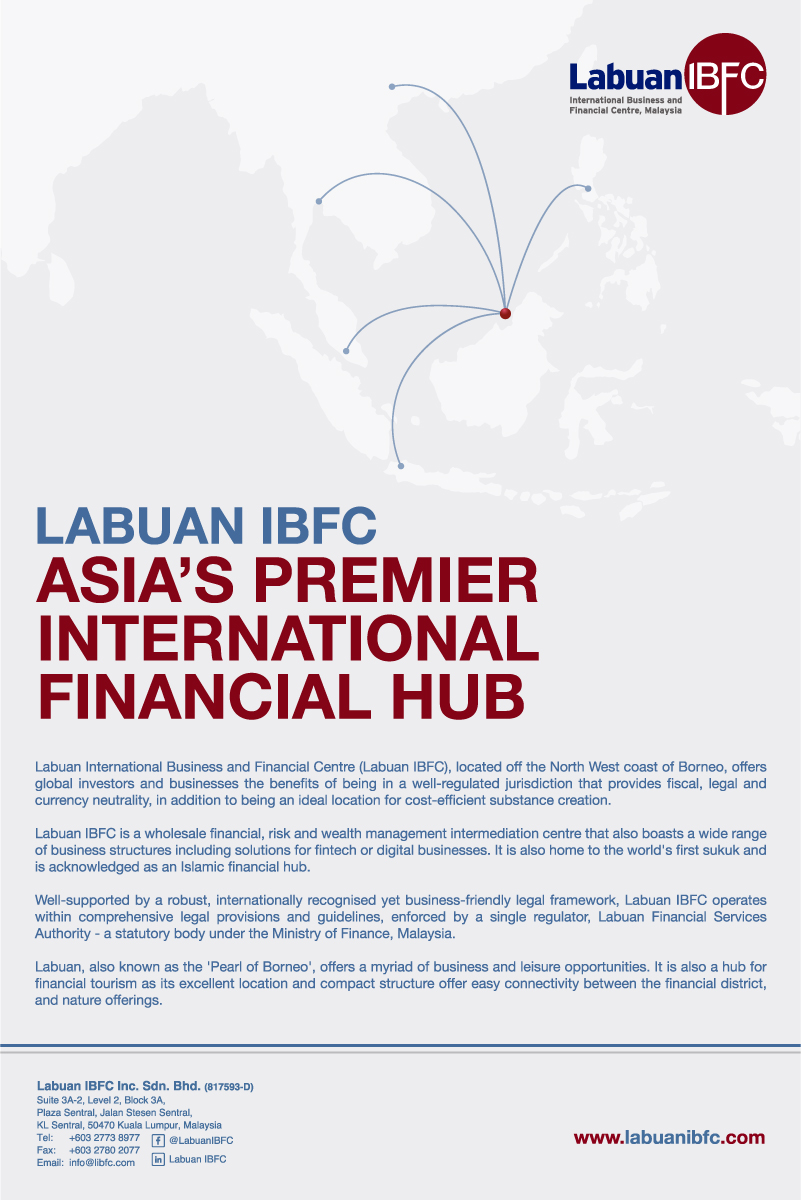The European Insurance Forum focused on the ‘mega trends’ that are expected to play a role in shaping the insurance and reinsurance sectors over the coming months and years.
The European Insurance Forum focused on the ‘mega trends’ that are expected to play a role in shaping the insurance and reinsurance sectors over the coming months and years.
Jacob Rosengarten of XL Group commented: “Many of today’s most pressing global risk management issues are intertwined. They are correlated in one way or another, especially in their potential and significant impact on the insurance industry and the businesses we serve.”
While a number of these were presented as possible threats to the industry, there was a great deal of optimism about the present and future from insurers.
Seventy-two percent of international insurance leaders are confident about business volume growth in the year ahead, according to results revealed at the conference. The figures were up from 62 percent in 2013, despite greater uncertainty and complexity involved with managing the business of risk. Globally, 92 percent of insurance CEOs said they are confident that their revenues will increase over the next three years.
According to the survey, conducted by PricewaterhouseCoopers, the top challenge facing insurers is the burden of regulations followed by implementing Solvency II.
Seventy percent of respondents said that Ireland’s regulatory regime is more demanding when compared to other EU territories. Sarah Goddard, CEO of the Dublin International Insurance and Management Association (DIMA), commented: “Ireland has significantly reshaped its reinsurance regulatory system to anticipate European-wide changes coming into force in 2016.”
“Although this has resulted in the regulatory regime being regarded as more demanding compared to other EU member states, ultimately it means Ireland is in a stronger position to meet the new regulatory structures under the Solvency II directive than other countries.”
Gateway vehicles
One of the panels at the European Insurance Forum illustrated the growing trend in alternative insurance vehicles such as insurance-linked securities (ILS) and catastrophe bonds tapping capital markets.
Due to low frequency/high impact events such as natural disasters needing a large amount of capital to cover risks, capital markets are becoming increasingly involved with ILS and cat bonds.
A key factor in forming such entities, according to the panel, is the utilisation of data. This is due to the need for transparency in assessing the risk of a portfolio. The panel suggested that more detailed cat models are the solution to this, as the current data is not good enough to predict losses or give accurate vulnerability analyses.
Despite this, the panel predicted that growth is inevitable, particularly with shorter-tail risks like acts of terror. This could bring the sector up to a value of $100 million within the next five years, according to one speaker.
Fast facts
Big data could also have a significant impact on the insurance industry, according to a separate panel at the conference. Panellists explained that companies are now able to gain insights that they could not before thanks to faster microprocessing, and these insights could potentially be used for competitive advantages.
The panel also commented on how advances in technology will have a greater effect to the volume, variety and velocity of data that companies have at their disposal. Although more data means inheriting more risks, such as threats to cyber security, the panel was confident that the change is nothing new, in terms of what the industry has adapted to in the past.
A member of the panel commented: “This is not a change to be afraid of, as we already have people in insurance companies like actuaries who can deal with this amount of data. The point is not just that we have this data, but that we do something useful with it. Education is the key.”
On the front line
BBC special correspondent Fergal Keane spoke at the conference to highlight geopolitical risk. He shared stories from South Africa, Rwanda, Syria and, more recently, Ukraine. Ex- Olympus CEO and whistleblower Michael Woodford also presented a speech on ethical capitalism in relation to his part in exposing the Olympus Scandal.





